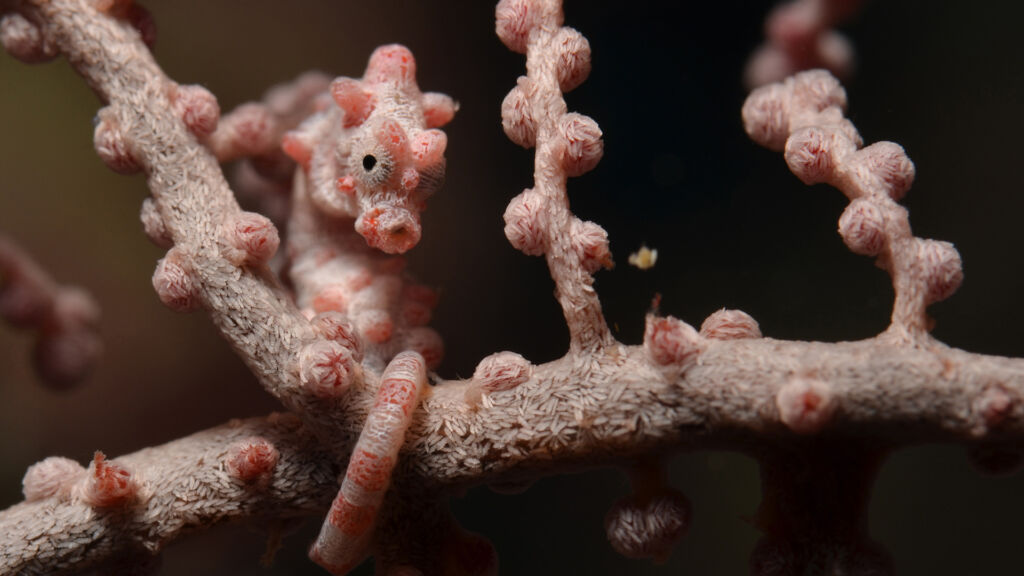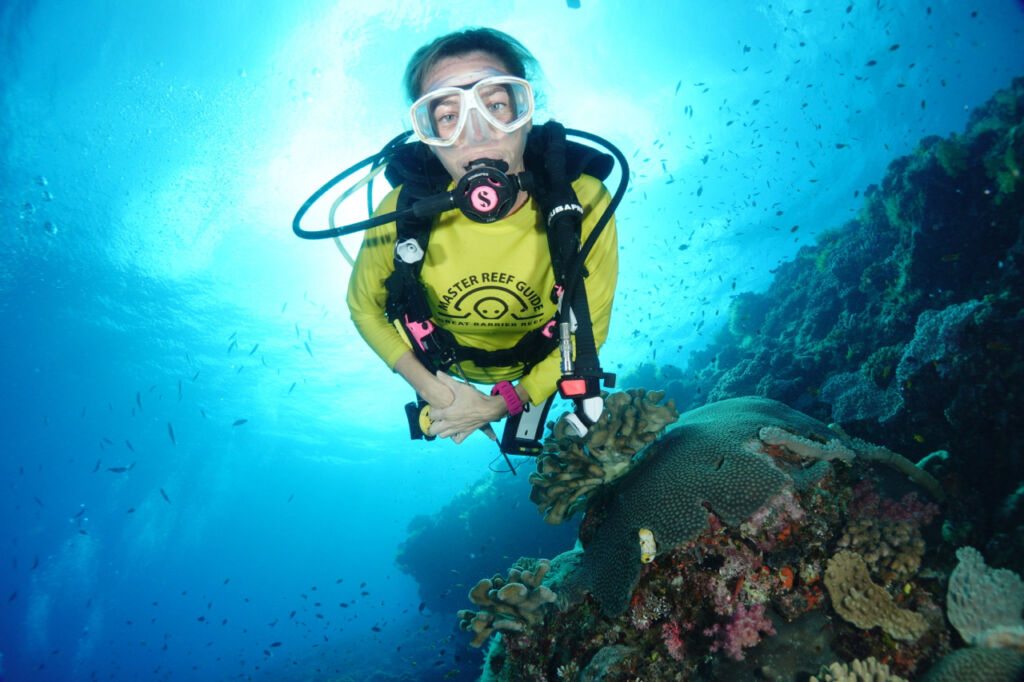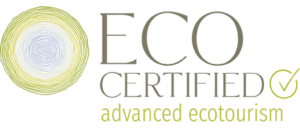Spirit of Freedom is proud to be accredited as an Advanced Ecotourism Operator. This is the highest eco certification attainable in Australia, and shows we provide a service that reflects our responsibility to contribute to the conservation of our Great Barrier Reef Marine Park and pass on this rich heritage to future generations. Our visitors have the opportunity to learn about the history and culture of the area, and appreciate our marine environment.
In 2024 our parent company, Entrada Travel Group, signed up to work towards becoming a carbonreduce certified organisation with Toitū Envirocare. Choosing Toitū Envirocare means partnering with a respected leader in sustainability certification. Right now, we’re in the measurement stage, collecting data on every aspect of our operations so we can identify our current footprint and find areas where we can make the greatest impact in reduction.
Spirit of Freedom's Sustainability Actions
Climate change has a negative effect on the marine environment, including warming sea temperatures and ocean acidification. Our company’s actions to reduce carbon emissions have been recognised through the Climate Action Certification Program, being certified as a Climate Action Business. This accreditation recognises our company’s commitment to tackle climate change by implementing a range of emission reduction measures, and by evaluating and measuring our carbon footprint.
Spirit of Freedom is acting to reduce its carbon emissions and tackle climate change by:
- Minimising waste and recycling where possible.
- Purchasing environmentally sustainable products whenever possible
- Measuring and tracking our carbon footprint via a credible carbon emissions calculator
- Running our administration office and workshop with solar power
- Choosing to purchase 10% of our electricity as clean energy or green power produced from renewable energy sources
- Renewing and servicing our vessels to maintain optimum fuel efficiency
- Not using toxic anti-foul and manually cleaning the hulls
- Equipping our vessels with two-stage waste water treatment plants
- Participating in Great Barrier Reef monitoring programs such as Reef Health Impact Surveys, Eye on the Reef, BleachWatch (Coral Bleaching) and COTS Watch (Crown of Thorns Starfish)
- Supporting the Minke Whale Project by hosting researchers on board, encouraging donations from our guests and through t-shirt sales on board
- Encouraging our visitors to participate in tackling climate change in their own environment.
- We also provide our guests with guidance on everyday sustainable practices, such as utilising low energy bulbs and energy-saving appliances, measuring and offsetting their travel emissions through organisations such as Climate Friendly.
What can visitors do to help protect the Reef?
Diving and snorkelling is one of the best ways to take in the spectacular underwater views that the Great Barrier Reef has to offer, and to come face-to-face with captivating marine life. Although divers and snorkellers generally have had minimal impact upon the reef, there are times when some divers and snorkellers can stress the marine life or crush and break corals. By practicing good snorkel and dive practices, you’ll be able to preserve this special world for others to experience.
While you are diving or snorkelling, we encourage you to adopt the following practices:
- Move slowly and deliberately in the water, relax and take your time.
- Avoid rapid changes in direction.
- Avoid making sudden or loud noises underwater.
- Do not touch, lean on or hold onto any part of the reef.
- Avoid touching the walls of semi-confined areas (for example, small swim-throughs or overhangs) – never squeeze through a small area.
- Avoid kicking up and disturbing the sand, if you’re over a sandy area.
- Do not touch any animals or plants or relocate them in any way – particularly when taking photos and filming.
- Avoid feeding fish.
- Stay more than one metre away from giant clams.
- Keep clear of free-swimming animals (such as turtles, whales, and sea snakes). In particular, you must not chase, ride, grab or block the path of these animals.
- Do not wear gloves as you are more likely to touch the coral.
- Do not collect any shells, coral, or ‘souvenirs’, whether they are dead or alive.
- Collect all litter from the reef, even that which isn’t yours.


Acknowledgement of Country
Jiigurru (Lizard Island) is traditionally owned by the Dingaal people, whose ancestors have a long and valued history within the region. Spirit of Freedom acknowledges this deep connection of the Dingaal people to land and sea country and would like to acknowledge their elders past, present and emerging.

